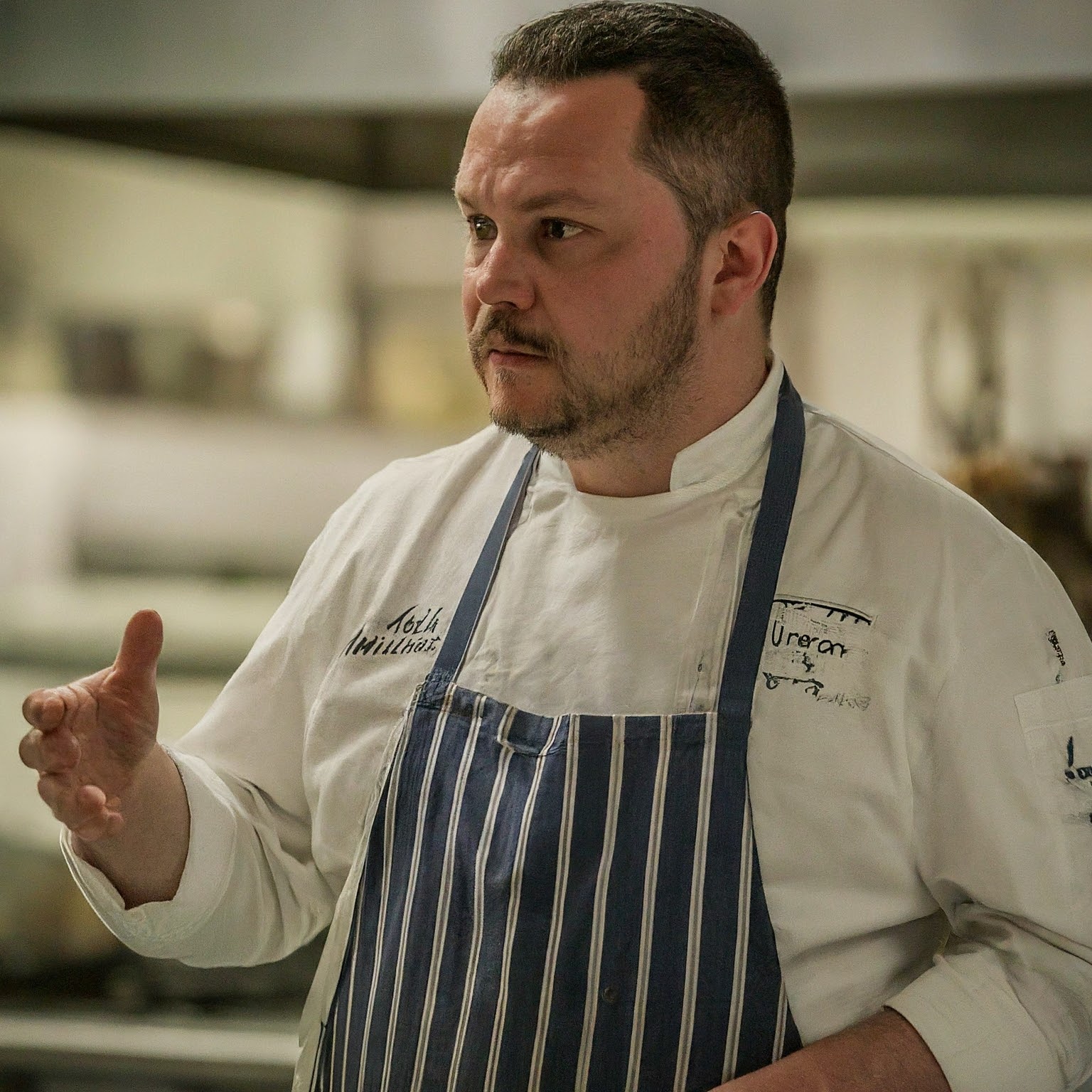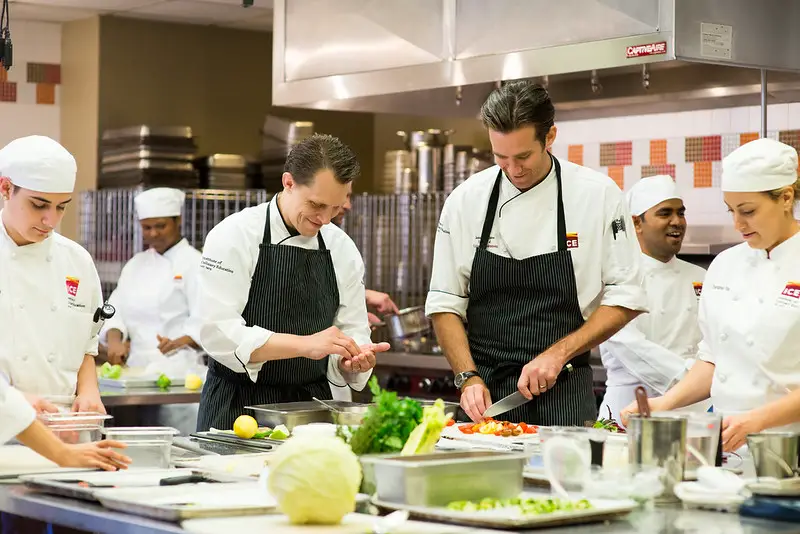
An executive chef
The journey to becoming an executive chef is a blend of passion, dedication, and hard work. It’s a path that demands not only culinary skills but also leadership, creativity, and a deep understanding of the food industry.
This article outlines the essential skills and education required to ascend to the role of an executive chef, guiding aspiring chefs through the steps to achieve their culinary dreams.
1. Foundation in Culinary Arts
The first step towards becoming an executive chef is obtaining a strong foundation in culinary arts.
This typically begins with enrolling in a culinary school where aspiring chefs learn the basics of cooking techniques, kitchen safety, and food science.
Culinary schools offer various programs, ranging from certificate courses to associate and bachelor’s degrees.
Key Components:
- Basic Cooking Techniques: Mastering fundamental cooking methods like sautéing, grilling, roasting, and baking.
- Kitchen Safety and Sanitation: Understanding the importance of hygiene and safety protocols in a professional kitchen.
- Food Science: Learning about ingredients, their properties, and how they interact during cooking.
2. Hands-On Experience
While formal education is important, hands-on experience is invaluable. Many culinary programs include internships or externships, allowing students to work in real-world kitchen environments.
This experience helps budding chefs understand the pace and demands of a professional kitchen.
Key Components:
- Internships/Externships: Gaining practical experience in reputable restaurants or hotels.
- Entry-Level Positions: Starting as a line cook or prep cook to understand kitchen operations and build foundational skills.
3. Advanced Culinary Skills
To rise through the ranks, chefs must continually hone their culinary skills. Advanced training can be obtained through specialized courses, workshops, and on-the-job learning.
This phase involves mastering complex cooking techniques, learning about international cuisines, and experimenting with new recipes.
Key Components:
- Specialized Courses: Taking advanced classes in pastry, charcuterie, or molecular gastronomy.
- International Cuisine: Gaining exposure to diverse culinary traditions and techniques.
- Recipe Development: Experimenting with flavors and techniques to create unique dishes.
4. Leadership and Management Training
As chefs progress in their careers, leadership and management skills become crucial. Executive chefs are responsible for overseeing kitchen staff, managing budgets, and ensuring the quality and consistency of dishes.
Leadership training helps chefs develop the skills needed to lead a team effectively.
Key Components:
- Team Management: Learning how to manage and motivate kitchen staff.
- Financial Acumen: Understanding budgeting, cost control, and inventory management.
- Communication Skills: Developing effective communication strategies to coordinate with staff and other departments.
5. Culinary Certifications
Obtaining professional certifications can enhance a chef’s credentials and demonstrate their expertise.
Organizations like the American Culinary Federation (ACF) offer certifications such as Certified Executive Chef (CEC) and Certified Master Chef (CMC).
Key Components:
- Certified Executive Chef (CEC): Validates skills in kitchen management, food preparation, and safety.
- Certified Master Chef (CMC): The highest level of certification, demonstrating exceptional culinary skills and knowledge.
6. Networking and Professional Development
Building a network within the culinary industry is essential for career advancement. Attending industry events, joining professional organizations, and participating in competitions can help chefs connect with peers, mentors, and potential employers.
Key Components:
- Industry Events: Attending food festivals, trade shows, and culinary conferences.
- Professional Organizations: Joining groups like the ACF or the World Association of Chefs Societies (WACS).
- Competitions: Participating in culinary competitions to showcase skills and gain recognition.
7. Continual Learning and Adaptation
The culinary world is constantly evolving, with new trends, techniques, and technologies emerging regularly.
Successful executive chefs commit to lifelong learning, staying updated with industry advancements, and continually refining their skills.
Key Components:
- Continued Education: Taking additional courses and workshops to stay current.
- Staying Informed: Reading culinary magazines, watching cooking shows, and following industry news.
- Adapting to Trends: Incorporating new trends like sustainable cooking, farm-to-table practices, and plant-based diets into the menu.
Conclusion
The path to becoming an executive chef is a challenging yet rewarding journey that requires a blend of formal education, practical experience, and continual learning.
By building a solid foundation in culinary arts, gaining hands-on experience, and developing leadership and management skills, aspiring chefs can ascend to the role of executive chef.
Professional certifications, networking, and a commitment to staying current with industry trends further enhance career prospects.
With dedication, passion, and hard work, the dream of becoming an executive chef can become a reality, leading to a fulfilling and dynamic career in the culinary world.





